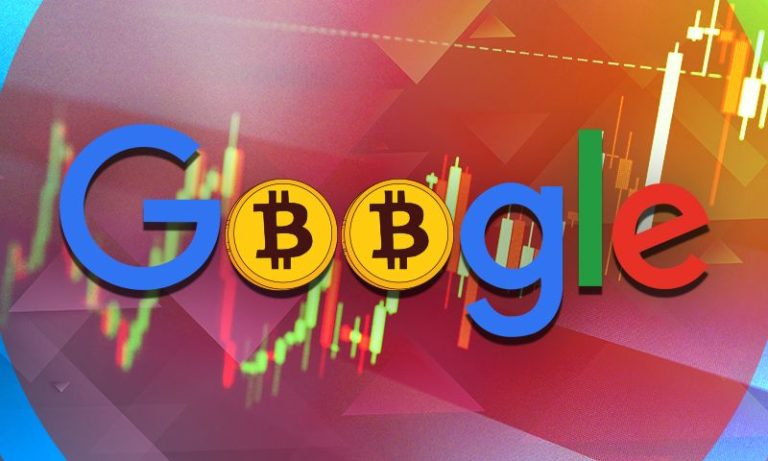Not long ago, Google tried every internet trend. VR goggles, AR glasses, chat bots, social networks. The company practically invented the see-what-sticks approach to technological innovation.
Today, if you trust most investors on Sand Hill Road, the internet’s future lies in web3, an umbrella term for services built around cryptocurrency tokens and blockchains. But on web3, Alphabet Inc.’s Google is remarkably quiet.
It doesn’t have a crypto division, like Meta Platforms Inc., or a blockchain obsession, like Twitter Inc. Google doesn’t accept cryptocurrencies for ad buying, its payments service or its app store. Until recently, Google had banned several categories of crypto ads. Google hasn’t touched NFTs.
In a recent interview with Bloomberg Television, Chief Executive Officer Sundar Pichai copped that he “dabbled” in crypto, but didn’t own any.
Some staffers at Google have also dabbled with the technology, according to multiple current and former employees at the company. Still, Google hasn’t laid out a plan for inserting itself into web3.
A Google spokesperson said its mobile payments service is “working with several companies” such as Coinbase, Bitpay and Gemini “to support crypto cards, which transact in fiat currencies.”
There are a few reasons Google might not want to dive into the new arena—one is defensive. Web3 evangelists see the technology as “decentralized,” controlled by its many participants. They draw stark contrasts to the business models of Google, Facebook and Amazon.
These boosters see the blockchain as inherently trustworthy, unlike the current web titans. “Can’t do evil > don’t be evil,” tweeted Chris Dixon, an Andreessen Horowitz partner, in a clear dig at Google. And many Silicon Valley visions for web3 activity, search engines and media decidedly don’t involve advertising, Google’s main business.
But the company isn’t completely averse to cryptocurrency. Google has been willing to take crypto money for its cloud business. In September, the division signed a deal with Dapper Labs Inc., a Canadian blockchain company.
It also has agreements with Hadera, Block.one and others. Given web3’s escalating computing demands, Google will certainly look to ink more of these. (Google will have to weigh crypto’s energy needs versus the company’s zero-emissions targets.)
In some ways, the wait-and-see strategy is typical of Pichai, who has a more deliberate management style than his predecessors. And that doesn’t mean the company isn’t quietly exploring the technology. “I am confident they have a strong opinion on it already,” said Kushagra Shrivastava, a former Google marketer and vice president for crypto trading platform FalconX.
Shrivastava is also a partner with Xoogler.co, a network and fund for former Google employees that has hosted demo days featuring emerging web3 businesses such as FalconX, OpenSea and Solana. There’s a Xoogler NFT, naturally.
Google may be keeping tabs on the exploding industry through networks like these. Alphabet’s main investment arms, GV and capitalG, have backed web3 companies. These funds often finance companies in fields that Google, for various reasons, ignores.
Shrivastava suggested that the company will keep making such “calculated bets” in web3 while regulation solidifies and mainstream adoption picks up. “And then [Google] will come in heavy,” he said.
Another former employee had a different theory for Google’s soft-pedaling. The search giant is already dealing with an alphabet soup of regulatory agencies and headaches. Google may not be in a rush to invite in the SEC too.
Read full story on Bloomberg


